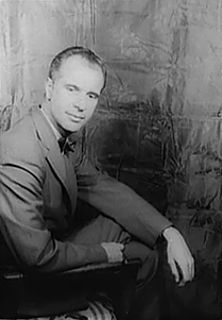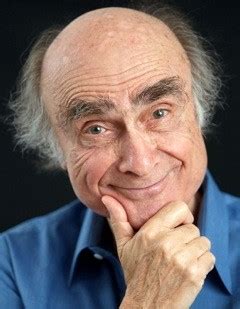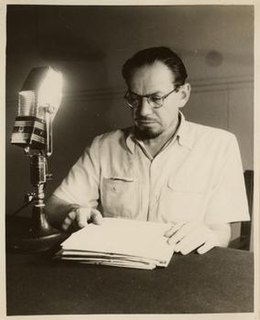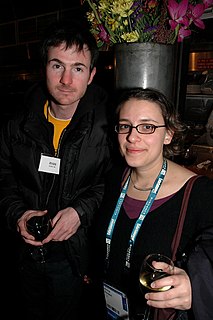A Quote by Beth Moore
The question is whether or not our insecurities are substantial enough to hurt, limit, or even distract us from profound effectiveness or fulfillment of purpose.
Related Quotes
Our purpose is to be able to measure the intellectual capacity of a child who is brought to us in order to know whether he is normal or retarded. ... We do not attempt to establish or prepare a prognosis and we leave unanswered the question of whether this retardation is curable, or even improveable. We shall limit ourselves to ascertaining the truth in regard to his present mental state.
When we resent someone in some way we need to "be on the alert" that even innocent gestures on their part can become suspect to us. Even something as simple as their walking into a room or whispering something to someone else can be conjured up in our minds, to look to us as if they're doing it on purpose to irritate us -as if they're involved in some diabolical plot to hurt us further. What they may be doing may have no connection to their past actions that hurt us in the first place but our resentful feelings against them can often taint our perception of what's really taking place.
Dogs invite us not only to share their joy but also to live in the moment, where we are neither proceeding from nor moving toward, where the enchantment of the past and future cannot distract us, where a freedom from practical desire and a cessation of our usual ceaseless action allows us to recognize the truth of our existence, the reality of our world and purpose--if we dare.
There is no enemy can hurt us but by our own hands. Satan could not hurt us, if our own corruption betrayed us not. Afflictions cannot hurt us without our own impatience. Temptations cannot hurt us, without our own yieldance. Death could not hurt us, without the sting of our own sins. Sins could not hurt us, without our own impenitence.
It is not enough to say, 'We are Muslims and have an ideology or our own': we must also be in a position to show that our ideology is vital enough to withstand the pressure of the changing times, and to decided in what way the fact of our being Muslims will affect the course of our lives: in other words, we must find out whether Islam can offer us precise directives for the formation of our society, and whether its inspiration is strong enough in us to translate these directives into practice.
But compassion is a deeper thing that waits beyond the tension of choosing sides. Compassion, in practice, does not require us to give up the truth of what we feel or the truth of our reality. Nor does it allow us to minimize the humanity of those who hurt us. Rather, we are asked to know ourselves enough that we can stay open to the truth of others, even when their truth or their inability to live up to their truth has hurt us.



































